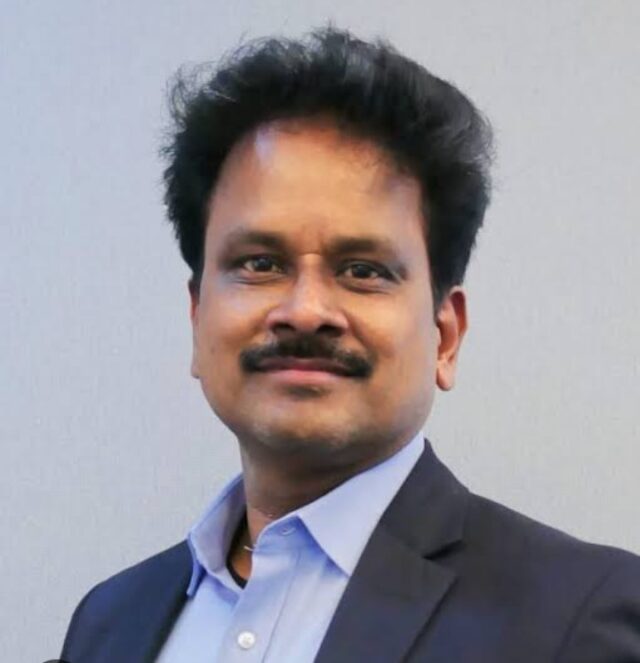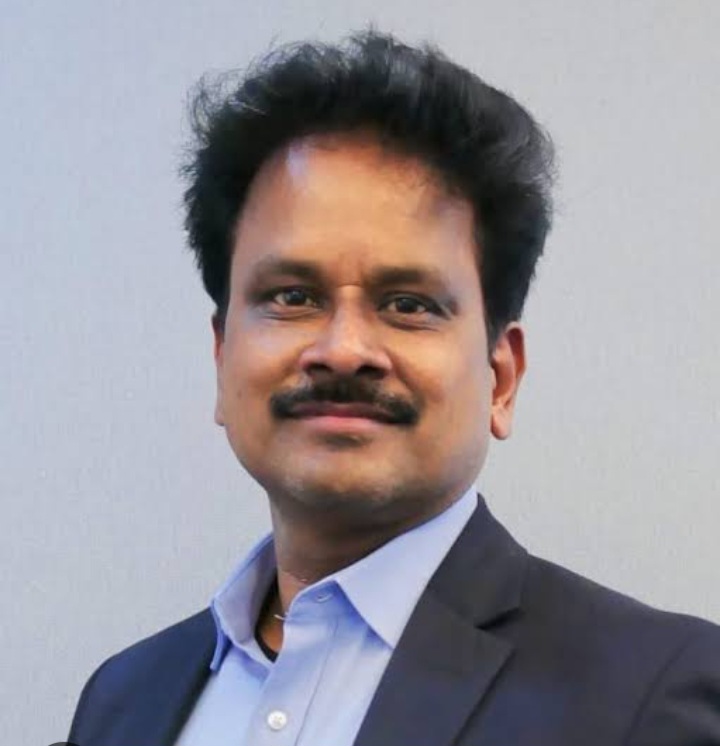
The EY-FICCI report on ‘Decoding India’s Health Landscape’ examines the evolution of India’s health sector over the past two decades and projects its development forward to the year 2047. As India strives towards this healthcare vision, key imperatives include increasing the number of qualified doctors and nurses to 12.5 and 15 million, respectively. The report also underlines the need to ensure that healthcare remains a cornerstone of the nation’s development journey.
|
|
The pioneer of Polyscientific Ayurveda, Dr Ravishankar Polisetty
This Independence Day, the pioneer of Polyscientific Ayurveda, Dr Ravishankar Polisetty, proposes an ambitious plan that could position the nation as the healthcare capital of the world within the next two decades. Dr Polisetty, who is a cardiac surgeon, a Pioneering Ayurvedic researcher, and a data scientist, believes technological advancements when combined with the wisdom of alternative medicines like Poly Scientific Ayurveda can help India to make significant strides in the health sector.
“As we mark the 77th Independence Day, it is also the right time to realise India’s potential to become a global healthcare leader through the integration of scientifically validated traditional Ayurvedic systems like Poly Scientific Ayurveda with modern medical practices. Poly Scientific Ayurveda, with its focus on preventive mechanisms, can effectively support scientific medical treatments to create a more comprehensive healthcare system. This will help achieve better patient outcomes that can complement global health standards,” says Dr Polisetty.
He also mentions how novel concepts like Smart Health Cities, which blend natural remedies with advanced technology, can help improve the quality of life of people. “The concept of health city projects has evolved in recent times and focuses not only on medical treatment but on creating a strong health ecosystem. It addresses other components, including a pollution-free environment, clean air and sustainable practices, to enhance overall health and well-being,” adds Dr Polisetty.
Incidentally, Dr Polisetty has also unveiled his ambitious plan to set up a US$ 1.8 billion Smart Health City in Telangana, for which he has started preliminary discussions with policymakers. Expected to be completed in four years once the government gives its nod, the project will include a holistic cancer centre, an academy, a rehabilitation clinic, an innovative hospital, a hotel and other infrastructural elements. “Apart from Telangana, we would also like to extend similar projects to all 34 metros in India so that we can create an entire health ecosystem across the country,” adds the visionary.
In his opinion, while talking about holistic healthcare, we must also consider the use of advanced medical technologies, data analysis, AI-driven diagnostics, telemedicine, and remote patient monitoring to improve healthcare. “This approach can enhance patient care, optimise resource use and address healthcare challenges as well as emergencies more effectively,” he concludes.







































